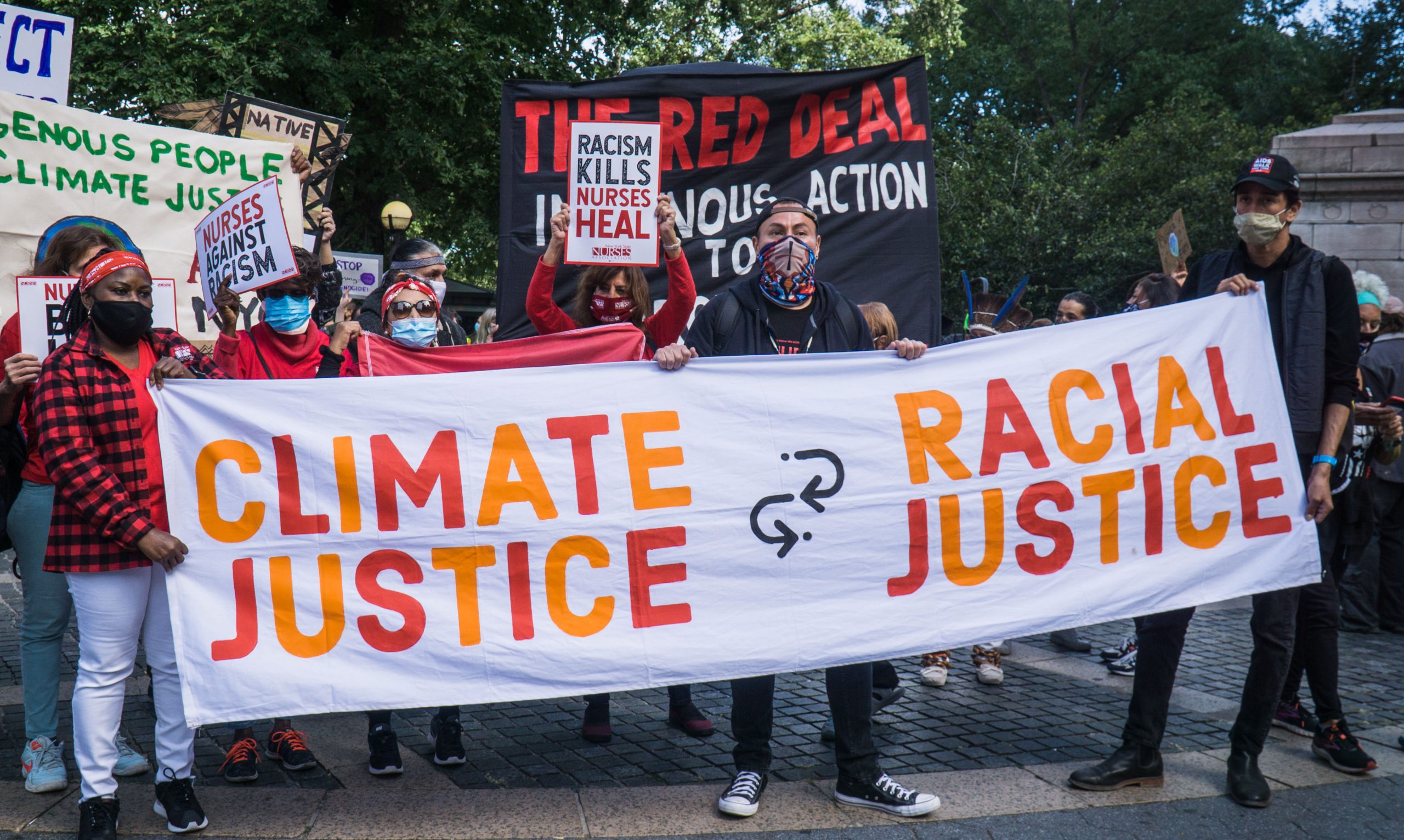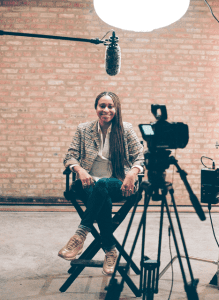Announcement: #AAIHS2023 Conference Guest Speakers

#AAIHS2023
The African American Intellectual History Society (AAIHS)’s Eighth Annual Conference
Conference Theme:
“We Can’t Breathe”: Crisis, Catastrophe and
Sustaining Community in (Un)livable Spaces
Hosted by the University of North Carolina, Charlotte
March 9-11, 2023
The African American Intellectual History Society (AAIHS) is pleased to announce the guest speakers for our upcoming eighth annual conference themed “We Can’t Breathe”: Crisis, Catastrophe and Sustaining Community in (Un)livable Spaces.
Opening Plenary Speaker
J.T. Roane, author of Dark Agoras: Insurgent Black Social Life and the Politics of Place (NYU 2023), is Assistant Professor of Africana Studies and Geography and Andrew W. Mellon chair in the Institute for the Study of Global Racial Justice at Rutgers University. He is also 2022-2023 Social Science Fellow at the Institute for Advanced Study. Roane is also at work on an experimental short film titled Plot with support from the Crossroads Project at Princeton University.
Keynote Speaker
 Dr. Leslie M. Alexander is the Dr. Martin Luther King, Jr. Professor of History at Rutgers University. A specialist in early African American and African Diaspora history, she is the author of African or American?: Black Identity and Political Activism in New York City, 1784-1861 and the co-editor of three additional volumes. Her newest book, Fear of a Black Republic: Haiti and the Birth of Black Internationalism in the United States (Fall 2022), examines how the Haitian Revolution and the emergence of Haiti as a sovereign Black nation inspired the birth of Black internationalist consciousness in the United States. Her newest project, “How We Got Here: Slavery and the Making of the Modern Police State,” examines how surveillance of free and enslaved Black communities in the colonial and antebellum eras laid the foundation for modern-day policing. A portion of that research appears in The 1619 Project: A New Origin Story. A recipient of several prestigious fellowships, including the Ford Foundation Senior Fellowship, Alexander is the immediate Past President of the Association for the Study of the Worldwide African Diaspora (ASWAD), and is an Executive Council member of the National Council for Black Studies (NCBS). She also serves on the Advisory Councils for the Journal of African American History, Black Perspectives, and The Black Scholar. Most recently, she was elected to the Montpelier Foundation Board, which seeks to create an inclusive history of President James Madison’s former plantation. During her career, she has won several significant awards, including the coveted University Alumni Award for Distinguished Teaching at The Ohio State University.
Dr. Leslie M. Alexander is the Dr. Martin Luther King, Jr. Professor of History at Rutgers University. A specialist in early African American and African Diaspora history, she is the author of African or American?: Black Identity and Political Activism in New York City, 1784-1861 and the co-editor of three additional volumes. Her newest book, Fear of a Black Republic: Haiti and the Birth of Black Internationalism in the United States (Fall 2022), examines how the Haitian Revolution and the emergence of Haiti as a sovereign Black nation inspired the birth of Black internationalist consciousness in the United States. Her newest project, “How We Got Here: Slavery and the Making of the Modern Police State,” examines how surveillance of free and enslaved Black communities in the colonial and antebellum eras laid the foundation for modern-day policing. A portion of that research appears in The 1619 Project: A New Origin Story. A recipient of several prestigious fellowships, including the Ford Foundation Senior Fellowship, Alexander is the immediate Past President of the Association for the Study of the Worldwide African Diaspora (ASWAD), and is an Executive Council member of the National Council for Black Studies (NCBS). She also serves on the Advisory Councils for the Journal of African American History, Black Perspectives, and The Black Scholar. Most recently, she was elected to the Montpelier Foundation Board, which seeks to create an inclusive history of President James Madison’s former plantation. During her career, she has won several significant awards, including the coveted University Alumni Award for Distinguished Teaching at The Ohio State University.
Luncheon Speaker
 Naeema Muhammad has been Organizing Co-Director with NCEJN since 2013 and now serves as Senior Advisor. She’s married to Saladin Muhammad and together they have 3 children, 10 grandchildren, and 7 great-grandchildren. They have been married for 52 years and reside in Rocky Mount, NC. Naeema has worked on two NIEHS funded grants. The first was Community Health and Environmental Reawakening (CHER) in which she served as a community organizer working with communities dealing with waste from industrial hog operations. In this position, she worked with the late Dr. Steve Wing, a founding member of NCEJN and Associate Professor at UNC Gillings School of Public Health, and was supervised by Gary Grant, Executive Director of Concerned Citizens of Tillery. She has co-authored publications with Dr. Wing regarding community based participatory research (most recently in the New Solutions Health Journal). She also serves on the NC Department of Environmental Quality (DEQ) Secretary’s Environmental Justice & Equity Advisory Board.
Naeema Muhammad has been Organizing Co-Director with NCEJN since 2013 and now serves as Senior Advisor. She’s married to Saladin Muhammad and together they have 3 children, 10 grandchildren, and 7 great-grandchildren. They have been married for 52 years and reside in Rocky Mount, NC. Naeema has worked on two NIEHS funded grants. The first was Community Health and Environmental Reawakening (CHER) in which she served as a community organizer working with communities dealing with waste from industrial hog operations. In this position, she worked with the late Dr. Steve Wing, a founding member of NCEJN and Associate Professor at UNC Gillings School of Public Health, and was supervised by Gary Grant, Executive Director of Concerned Citizens of Tillery. She has co-authored publications with Dr. Wing regarding community based participatory research (most recently in the New Solutions Health Journal). She also serves on the NC Department of Environmental Quality (DEQ) Secretary’s Environmental Justice & Equity Advisory Board.
Special Event: Film Screening of Freedom Hill and Conversation with Filmmaker & Director Resita Cox & Community Activist Nakisa Glover
 Resita Cox’s films are a poetic portrayal of her community’s irrepressible spirit and resilience in the face of racism. Her documentary film work is people based, meaning it not only features unique, personal stories, but it also prioritizes relationships and is constantly working to reimagine an equitable filmmaking model. Born and raised in the South, her films center Southern, Black communities and use them as a lens to examine topics ranging from environmental justice to racial justice. With a degree in journalism from The University of North Carolina at Chapel Hill, Resita started her career as a storyteller in TV news as a reporter in North Carolina and later in Chicago. Resita has worked with Kartemquin Films as the Impact Producer on their Emmy-nominated docu-series produced with The Marshall Project, We Are Witnesses. She is the director of Freedom Hill, a documentary about the environmental racism that is washing away the first town chartered by Black people in the nation, with which she was named a 2021 Hulu/Kartemquin Accelerator Fellow and premiered at the 2022 Full Frame Documentary Film Festival. She holds an MFA from Northwestern University in Documentary Film and is a 2021 North Star fellow with Points North Institute. Resita was recently named a 2022 Esteemed Artist by the City of Chicago and is one of Elevate’s 2022 Climate Changemakers.
Resita Cox’s films are a poetic portrayal of her community’s irrepressible spirit and resilience in the face of racism. Her documentary film work is people based, meaning it not only features unique, personal stories, but it also prioritizes relationships and is constantly working to reimagine an equitable filmmaking model. Born and raised in the South, her films center Southern, Black communities and use them as a lens to examine topics ranging from environmental justice to racial justice. With a degree in journalism from The University of North Carolina at Chapel Hill, Resita started her career as a storyteller in TV news as a reporter in North Carolina and later in Chicago. Resita has worked with Kartemquin Films as the Impact Producer on their Emmy-nominated docu-series produced with The Marshall Project, We Are Witnesses. She is the director of Freedom Hill, a documentary about the environmental racism that is washing away the first town chartered by Black people in the nation, with which she was named a 2021 Hulu/Kartemquin Accelerator Fellow and premiered at the 2022 Full Frame Documentary Film Festival. She holds an MFA from Northwestern University in Documentary Film and is a 2021 North Star fellow with Points North Institute. Resita was recently named a 2022 Esteemed Artist by the City of Chicago and is one of Elevate’s 2022 Climate Changemakers.
 Nakisa Glover, is a climate and environmental justice practitioner, thought leader, tech advocate, cultural consultant, and community engagement expert. Nakisa develops strategies across activism, films, music, and podcasts to engage millennials, Gen Z, artists, entertainers, community leaders, entrepreneurs, politicians, and other stakeholders.
Nakisa Glover, is a climate and environmental justice practitioner, thought leader, tech advocate, cultural consultant, and community engagement expert. Nakisa develops strategies across activism, films, music, and podcasts to engage millennials, Gen Z, artists, entertainers, community leaders, entrepreneurs, politicians, and other stakeholders.
Previous Conference Programs
AAIHS 2022 (Las Vegas, Nevada)
AAIHS 2021 (Los Angeles, California)
AAIHS 2020 (Austin, Texas)
AAIHS 2019 (Ann Arbor, Michigan)
AAIHS 2018 (Waltham, Massachusetts)
AAIHS 2017 (Nashville, Tennessee)
AAIHS 2016 (Chapel Hill, North Carolina)
Copyright © AAIHS. May not be reprinted without permission.
